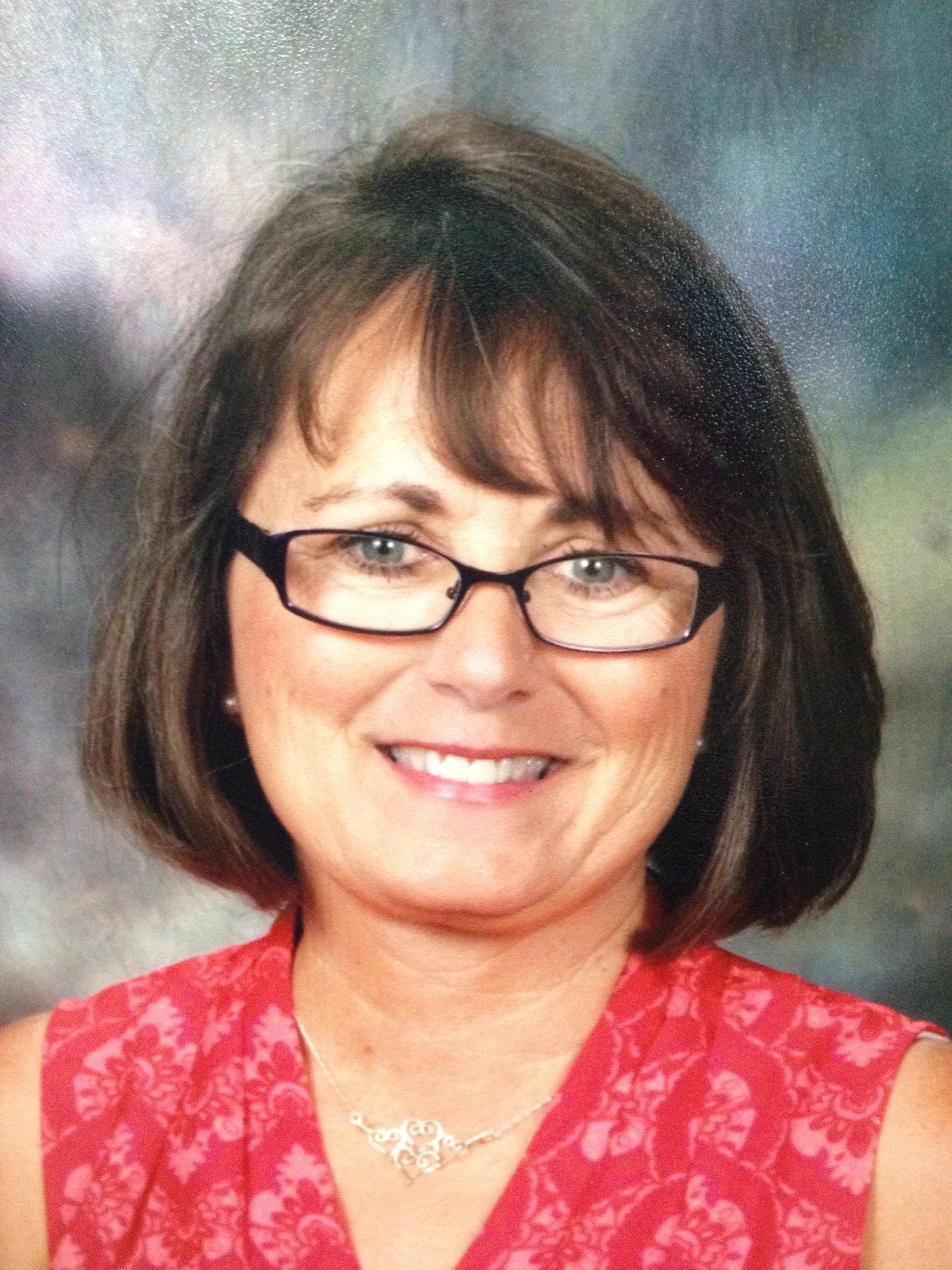
Q: Congratulations, Tracy Middleton, on being elected as K-12 Member at Large. Tell us where you work, what you focus on at work, and what your background in education is.
A: I teach at Hidden Valley Middle School in the Escondido Union School District in Escondido, California. I teach 8th grade social studies, and serve as the district’s social studies expert. I have a MA in Education with an emphasis in leadership, learning, and instruction, and I am currently working on my national board certification in early adolescence social studies-history.
Q: When did you first hear about NCSS, and what drew you to join this association?
A: I first heard about NCSS about 12 years ago when I became a member of the California Council for Social Studies. I joined the organization because I believe teachers should join professional organizations to continue their professional development. After attending my first NCSS Annual Conference and receiving the publications that first year, I knew it was a great investment for my professional growth.
Q: What, do you think, are the two or three most valuable things that NCSS offers to educators today?
A: NCSS offers educators first-rate professional development through its Annual Conference and webinars, as well as keeping educators up-to-date on best practices in social studies. Both my students and I have benefited from the work NCSS has done with the C3 Framework and subsequent publications related to it.
Q: What do you perceive to be the biggest challenge today for social studies educators?
A: I think the biggest challenge has to be the lack of civic education in our social studies classes. I don’t think eliminating it was a conscious effort, but rather it occurred as a result of the marginalization of social studies in the world of high stakes testing and states creating social studies standards that did not include civics. We can see the effects of little-to-no civics education in our current society with the lack of motivation to work for the common good and negative public discourse. Within the last couple of years, through the C3 Framework, we are beginning to see an upsurge in including civics in social studies, and as social studies educators, we need to make sure civics is a part of our curriculum. While the C3 Framework has brought civics back into social studies, we can’t stop there. NCSS can look for more ways to support civics education in social studies by strengthening existing partnerships, as well as form more partnerships that will help move forward civics instruction and civic participation. I would like to see an NCSS bulletin dedicated to civics education in the social studies classroom.
Q: Finally, is there a person that inspired you to enter the field of education and/or social studies? If so, please tell us about that.
A: I think some part of me always wanted to be a teacher, but I didn’t really figure it out until later in life. Once I realized I should be an educator, I knew it had to be in the area of social studies. In junior and senior high school, I had the same teacher for 8th and 11th grade U.S. history and political science. Mr. Cato brought history to life through his story-telling, and it was his lively approach that influenced the way I teach social studies. While I don't tell stories about historical events, I do teach my students the skills necessary to dig into primary sources and discover the stories for themselves. A couple of years ago, I found out Mr. Cato was still teaching, so I called him and thanked him for inspiring me to become a social studies teacher.
***